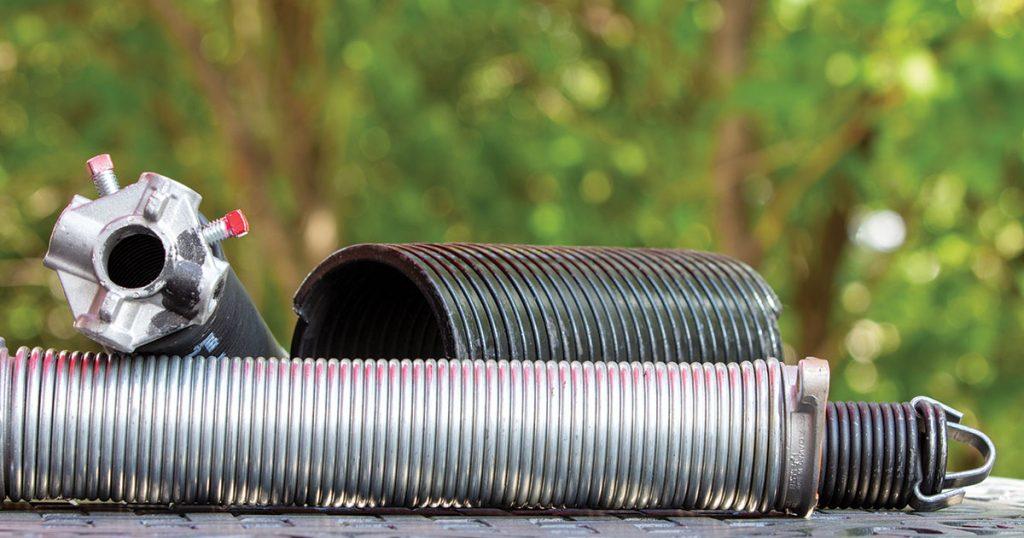The garage door is often an overlooked yet essential part of our homes, providing security and convenience. However, within this seemingly innocuous system, there lies a silent danger—the garage door spring. When a garage door spring fails, it can have catastrophic consequences, and tragically, it has even claimed lives. In this article, we’ll delve into the critical issue of garage door spring kills, exploring the reasons behind them and emphasizing the importance of safety measures.

Torsion Springs vs. Extension Springs
Garage doors typically use one of two types of springs: torsion springs or extension springs.
- Torsion Springs: These are mounted horizontally above the garage door and are known for their durability. They store energy by twisting or winding when the door is raised and release that energy to close the door.
- Extension Springs: These are mounted on the sides of the door and stretch and contract as the door moves. They are usually less expensive but tend to wear out more quickly.
The Danger of Garage Door Spring Failures
1. Sudden Release of Tension
One of the primary dangers associated with garage door spring failures is the sudden release of tension. Garage door springs wind tightly to counterbalance the door’s weight. Upon breaking, they rapidly release stored energy, causing the spring to forcefully unwind or shoot out. This can result in severe injuries or even fatalities if someone is nearby.
2. Unpredictable Timing
Another significant risk is the unpredictability of garage door spring failures. Springs can wear down over time, and there may be no visible signs of damage or imminent failure. This means that a spring can break unexpectedly while someone is near the door, leading to accidents.
3. DIY Repairs
Attempting to repair or replace garage door springs without the necessary knowledge and equipment is a common cause of accidents. Many homeowners try to save money by tackling this seemingly simple task, unaware of the potential risks involved.
Safety Measures to Prevent Tragedies
1. Professional Maintenance
Regular professional maintenance is crucial for garage door safety. Technicians can inspect the springs and other components, identifying signs of wear and addressing them before a catastrophic failure occurs.
2. Hands-Off Approach
Homeowners should avoid attempting DIY repairs or adjustments to garage door springs. If you suspect an issue with the springs or any part of the door, contact a qualified technician to assess and fix the problem.
3. Safety Cables
Install safety cables on extension springs to help prevent them from becoming projectiles when they break. Secured to the garage wall, these cables attach to the spring, reducing the risk of injury or property damage.
4. Education and Awareness
Educating family members and household members about the dangers of garage door springs is essential. Everyone should understand the risks and know not to stand near a malfunctioning door or attempt repairs.
Conclusion: Prioritizing Safety
The garage door spring kills that should not be underestimated. Garage door spring failures have resulted in severe injuries and fatalities, emphasizing the importance of prioritizing safety in all aspects of garage door maintenance and operation. Regular professional inspections, avoiding DIY repairs, and educating household members about the risks are critical steps in preventing tragic accidents related to garage door springs. Remember, the convenience of a functional garage door should never come at the cost of safety.



Leave a Reply